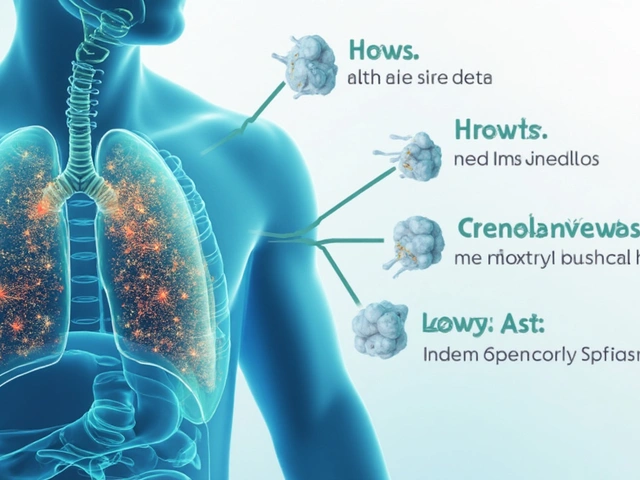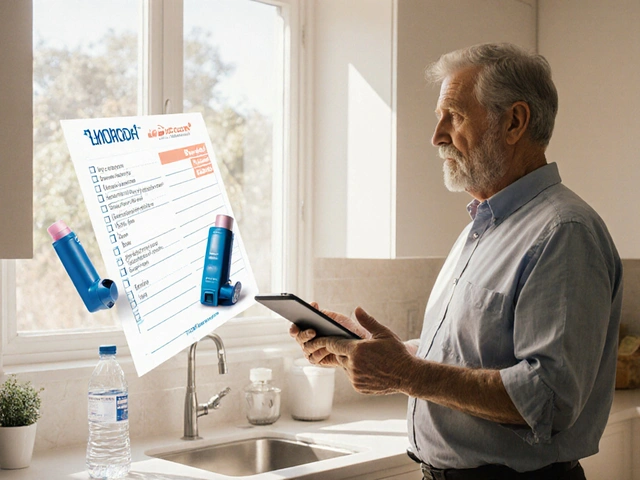Fact‑Check Medical Advice: Your Quick Guide to Trustworthy Health Info
Ever read a headline that promised a miracle cure and felt a knot in your stomach? You’re not alone. With so many health claims popping up online, it’s easy to get tangled in hype. The good news? You can separate fact from fiction in just a few minutes, using tools you already have.
Why Fact‑Checking Matters
Bad advice can lead to wasted money, unnecessary pills, or even dangerous reactions. A single unverified claim about a medication—like taking a higher dose of a blood pressure drug—can put your health at risk. By checking the source, you protect yourself and the people you care about.
Most unreliable posts skip three basics: clear authorship, recent data, and reputable references. If a claim doesn’t show any of these, flag it right away. Trustworthy articles will usually link to a government health agency (CDC, Health Canada), a peer‑reviewed journal, or a recognized medical organization.
Easy Steps to Verify Medical Claims
1. Look at the author. Is the writer a doctor, pharmacist, or researcher? A simple Google search of their name can reveal credentials. If the page lists “admin” or “anonymous,” treat it with caution.
2. Check the date. Medical guidelines change fast. A claim from five years ago about vaccine safety may no longer reflect current recommendations. Scroll to the bottom of the article or look for a “last updated” stamp.
3. Search the headline. Copy a key phrase and add “site:.gov” or “site:.org” to the search bar. If reputable sites are repeating the same fact, you’re on solid ground. If only questionable blogs echo the claim, it’s likely a myth.
4. Verify the study. When a post cites a study, click the link. A real study will have a DOI, journal name, and a list of authors. Look for the abstract to see if the results match the claim. If the article just says “research shows” without a source, it’s a red flag.
5. Use fact‑checking tools. Websites like Snopes, FactCheck.org, or the WHO’s myth‑busting page have searchable databases for common health rumors. Type the claim in and see if experts have already debunked it.
Applying these steps takes less than a minute per claim, but the payoff is huge. You’ll avoid costly scams (like overpriced “generic” meds sold on sketchy sites) and stay aligned with evidence‑based care.
Remember, even reputable sources can make mistakes. If something still feels off, ask a healthcare professional. A quick call to your pharmacist or primary doctor can confirm whether a new supplement is safe with your current meds.
In short, treat every health tip like a mystery you can solve. Check the author, date, source, study, and use dedicated fact‑checkers. When the answer checks out, you can act with confidence. When it doesn’t, you’ve saved yourself from potential harm.
Start using this checklist today. Your future self will thank you for making smarter, safer health choices.






